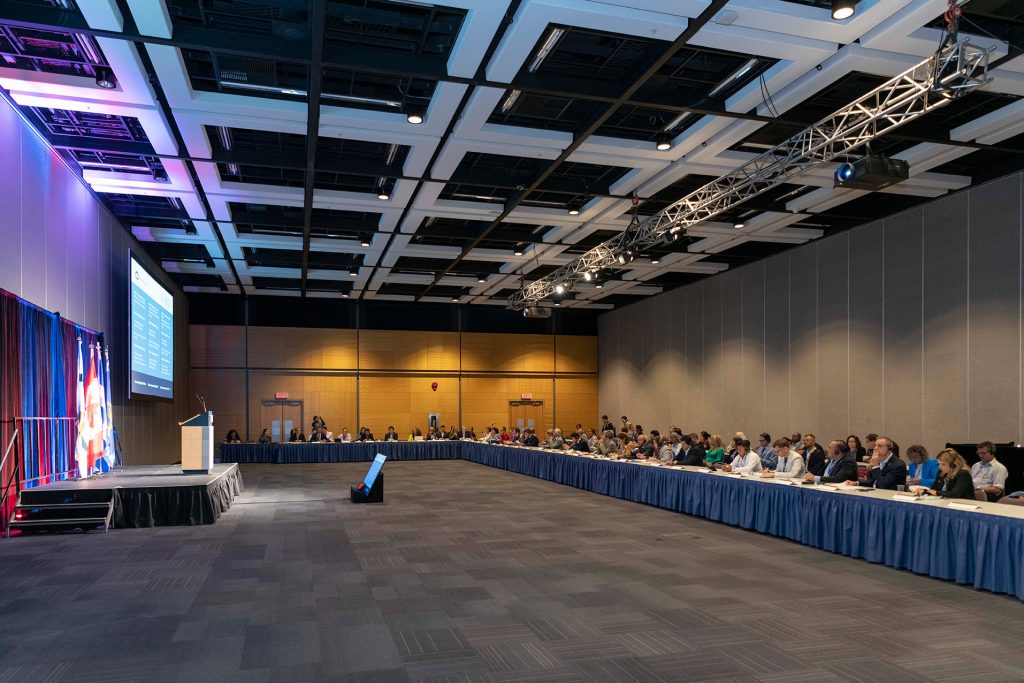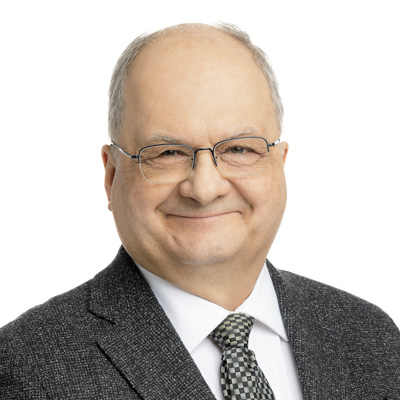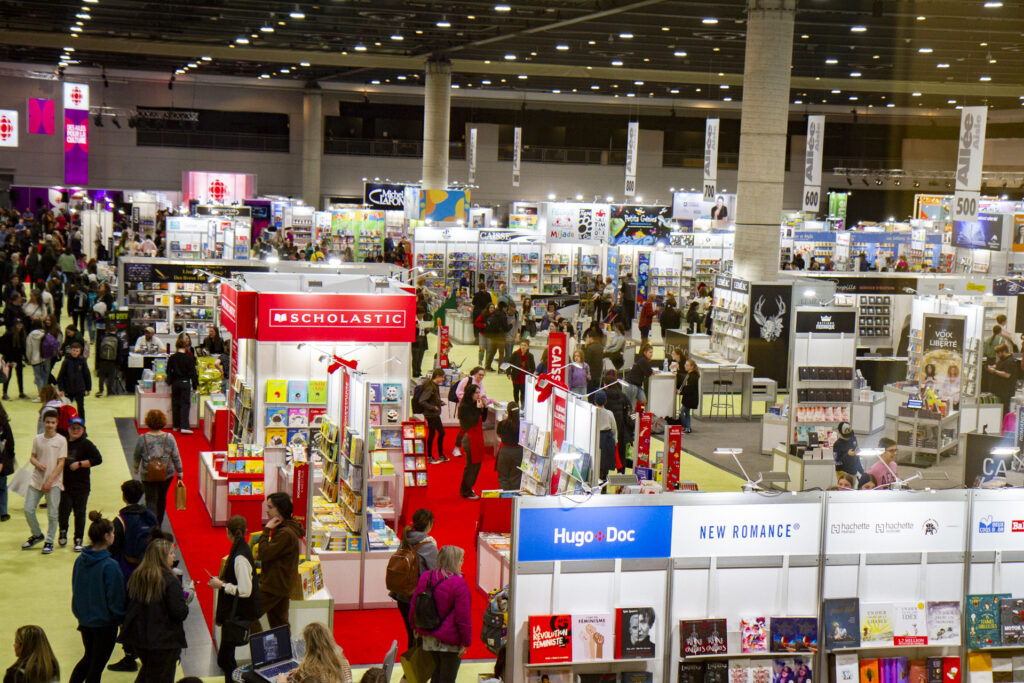From September 6 to 9, 2022, the Québec City Convention Centre hosted the 16th World Congress of the Organization of World Heritage Cities (OWHC), organized by City of Québec. Nearly 200 mayors, municipal officials, heritage site managers and experts from around the world gathered for the occasion. Under the theme ” Enhancing Livability in World Heritage Cities,” they discussed many hot topics, such as sustainable development, mobility, ecological transition and climate change, with the aim of finding ways to ensure the long-term viability of urban heritage.
With such important themes, the City was eager to set up one of its first eco-friendly events. By choosing the green facilities of the Québec City Convention Centre and the support of its qualified team, the City was already taking a big step toward reducing the environmental footprint of this event—even before it began to organize the congress.
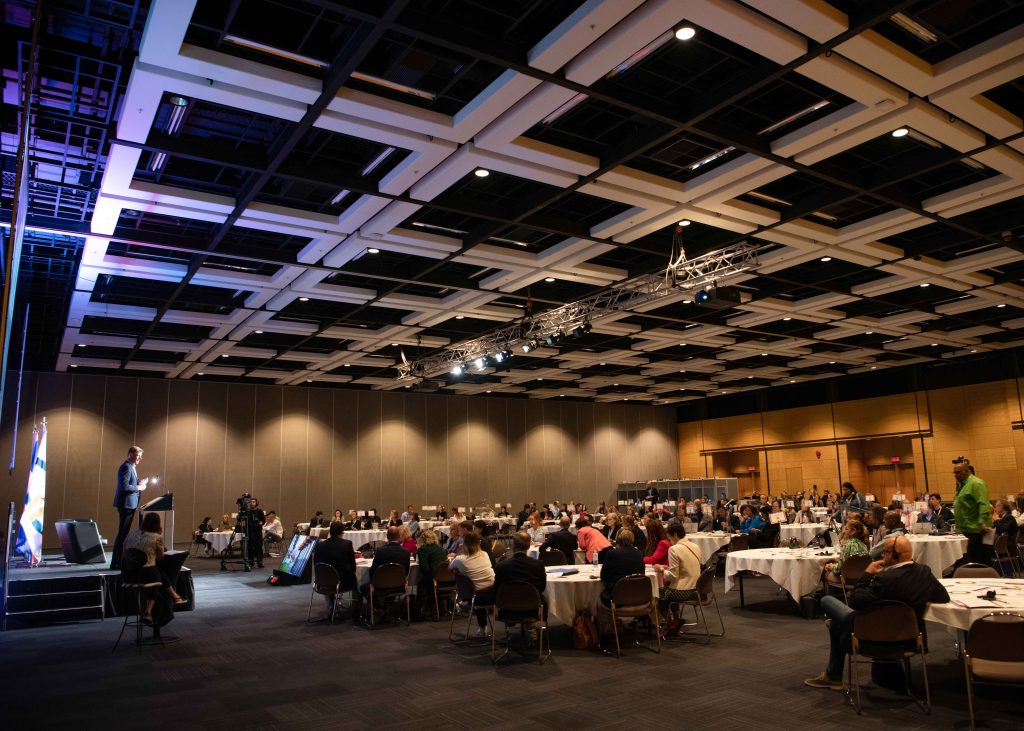
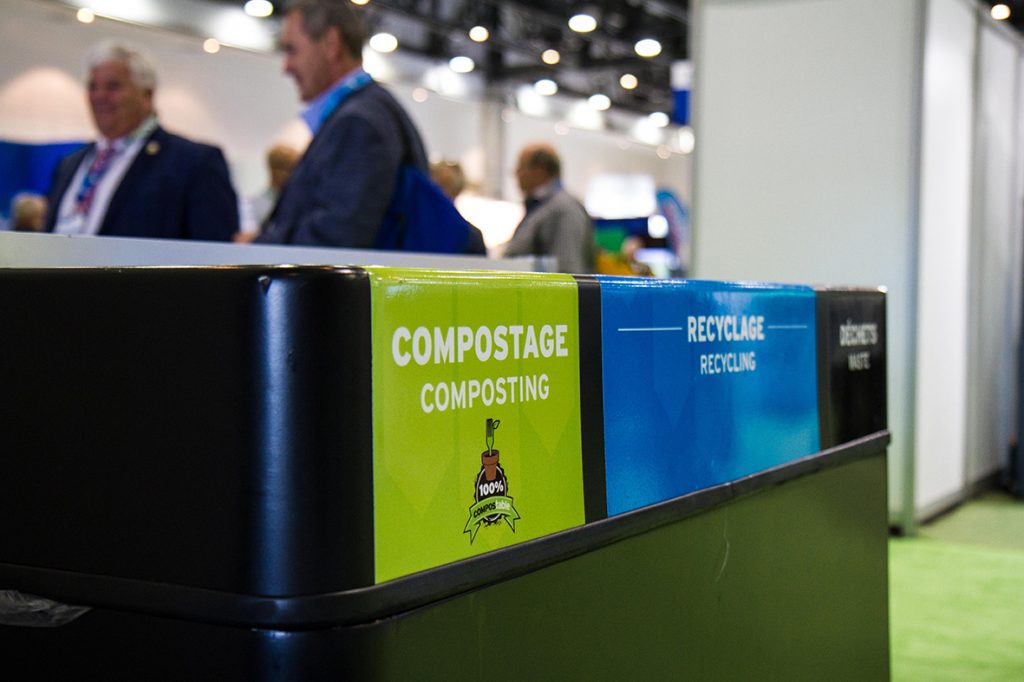
Tangible actions to reduce the event’s environmental impact
For this prestigious conference, the Québec City Convention Centre’s Director of Customer Experience, Caroline Bérubé, acted as PCO (professional conference organizer). She used her expertise to support the preparation of the event, including the coordination of transportation for participants, food and beverage arrangements and, of course, the environmental stewardship of the entire congress.
Classified by the Réseau des femmes en environnement and its Conseil québécois des événements écoresponsables, the OWHC conference reached Level 3 of the Bureau de normalisation du Québec standard (BNQ 9700-253 Gestion responsable d’événements). The BNQ’s classification process uses a point system based on 56 performance criteria, grouped into five different categories.
To achieve this excellent result, the City of Québec and Québec City Convention Centre teams have implemented several concrete actions, including:
- Consulting services were carried out with a sustainability expert from the Réseau des femmes en environnement for the eco-friendly management and classification of the conference.
- Recovery and reclamation of residual materials.
- Use of water fountains and refill stations, rather than single-use plastic bottles.
- Smart energy, water and air management with the Honeywell EBI operational control system at the Convention Centre.
- Limited distribution of paper programs.
- Offsetting of GHG emissions associated with the travel of delegates and members of the organization. A total of $1,000 was donated by the City of Québec for Université Laval’s carbon offset projects aimed at reforesting areas in the Montmorency Forest.
- Choice of menus highlighting local foods and Québec producers. Capital HRS, the Convention Centre’s exclusive F&B partner was also the official partner for the event, in addition to F&B services from the Fairmont Le Château Frontenac Traiteur and The Capitole Hotel for activities outside the Centre.
- Donation of 33 kg of food to the Lauberivière, a refuge for homeless people, at the end of the event to avoid food waste.
The naturally strategic location of the Convention Centre in downtown Québec City allowed the majority of participants to walk to their hotels, restaurants and most of the event’s activity sites, such as Le Diamant, the Voltigeurs de Québec Armoury, Musée national des beaux-arts du Québec, Monastère des Augustines, and the guided tour of the fortifications.
